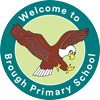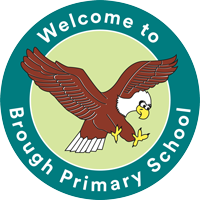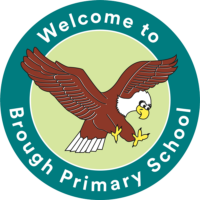Intent
Our PE curriculum ensures that all children have the opportunity to experience and become proficient at a variety of sporting and fitness activities. As well as fulfilling the requirements of the National Curriculum for PE, we will provide a broad and balanced curriculum which ensures the progressive development of a wide range of skills such as agility, balance and coordination.
Physical Education provides opportunities for children to appreciate and enjoy a very thorough sports, fitness and health programme in which they will work on their physical movement, balance, eye coordination, core stability and body awareness, incorporating spatial awareness, dance, gymnastics, outside travel, ball skills, throwing and catching, racket skills and basic athletics.
Our PE curriculum will give pupils the knowledge necessary to enable them to improve fitness, develop skills and deepen their knowledge of health and wellbeing. Children will have time to learn skills, before applying them to different games and situations.
At Brough Primary School we want all children to become confident athletes with a wealth of knowledge and skills to enjoy a wide range of sporting and fitness activities and to thrive in specific areas of PE where they can. We want children to learn life skills which will positively impact their health and well-being now and in the future.
Aims
The national curriculum for physical education aims to ensure that all pupils:
- develop competence to excel in a broad range of physical activities
- are physically active for sustained periods of time
- engage in competitive sports and activities
- lead healthy, active lives.
Implementation
In order to achieve high standards within PE, we implement a curriculum that is progressive from Year 1 to Year 6 in physical movement, balance, eye coordination, core stability, body awareness, incorporating spatial awareness, dance, gymnastics, outside travel, ball skills, throwing and catching, racket skills and basic athletics.
As well as meeting the requirements of the National Curriculum for physical education, our provision ensures links across the wider curriculum and a wide range of ‘hands on’ experiences.
The long-term plan maps out the experiences the children will receive in each key stage. It is written by the subject leader in consultation with phase leaders and other members of teaching staff. The subject leader provides medium-term plans for each unit of work ensuring that key skills, required knowledge and objectives are covered. This supports teachers with the development of lesson planning.
Each PE focus has an identified outcome. A thorough understanding of the skills taught give children the opportunity to apply these skills inside and outside of school, so they can shine and showcase their talent. PE is celebrated around the school community with the use of our school PE Twitter page and children showcasing their personal achievements in whole-school assemblies.
Impact
At Brough Primary School we want every child to leave us in Year 6 having had a wide range of sporting experiences. The impact of these, and of the quality of the provision they received, is measured through the knowledge and skills they have developed and their ability to apply these in a variety of different situations (inside and outside of school).
We want children to love PE, to be inspired by their teachers and external coaches who provide the lessons, and to develop their own preferences for a sport(s).
Children will meet or exceed the progression of skills requirements in physical movement, balance, eye coordination, core stability, body awareness, incorporating spatial awareness, dance, gymnastics, outside travel, ball skills, throwing and catching, racket skills and basic athletics. Children will retain knowledge of skills learnt and be able to evidence a growing understanding of applying these effectively to relevant situations.
We measure the impact of our curriculum by: –
Sample what our PE lessons have to offer and what our pupils have to say about them below:
Coming up at the end of Autumn Term 2024


